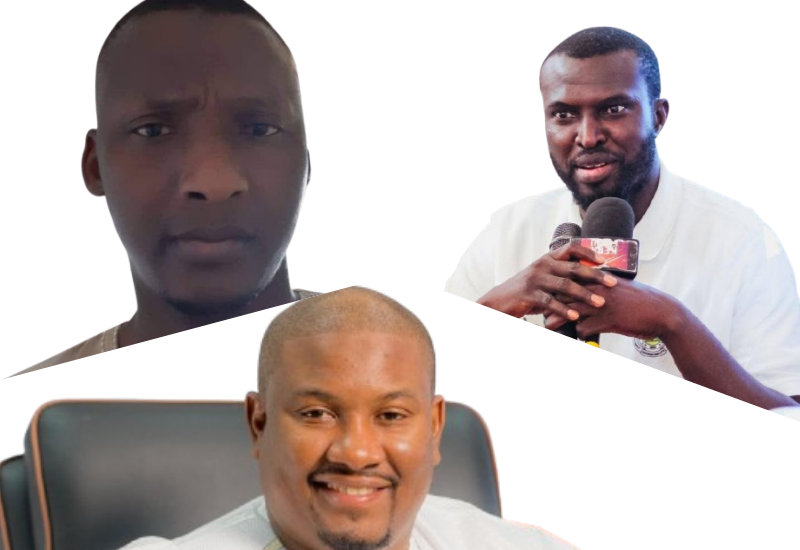
Senegalese singer and cultural icon Ouza Diallo has offered a candid appraisal of the country’s new political leadership, praising the pan-Africanist vision of President Bassirou Diomaye Faye and Prime Minister Ousmane Sonko, while highlighting differences in their governing styles.
Speaking to L’Observateur, Diallo, father of popular musician Adiouza, described President Faye as “too pacifist” in his approach, contrasting him with Sonko, whom he considers “more radical.”
Despite these divergences, the veteran singer urged citizens to allow the administration at least five years to implement meaningful reforms.
“Revolutions are never easy. Change demands time, coherence, and a clear direction,” Diallo said, citing examples from Ghana under Jerry Rawlings, Rwanda, and China to illustrate the challenges of national transformation.
A seasoned observer of Senegalese politics since the Senghor era, Diallo emphasized that success for the new government will rely on disciplined governance, reduced state expenditure, and societal sacrifices.
He highlighted early signs of stronger work ethic within the Primature, noting reports of staff arriving early and adhering to stricter administrative practices.
Responding to critiques from cultural figures, including rap group Keur Gui’s Thiat, Diallo defended freedom of expression.
“Critics should be met with arguments, not personal attacks,” he remarked, underscoring the importance of open discourse in a democratic society.
Beyond politics, Diallo called for a robust cultural policy to strengthen the arts across Senegal.
He proposed an annual state program to select approximately 20 artists, granting each 30 million CFA francs to develop sustainable cultural projects.
He contrasted this with the meager funding available domestically, noting that “two million CFA is not even enough to produce a quality single” and highlighting Europe’s support for artists during the COVID-19 pandemic.
“The culture sector cannot remain secondary,” he insisted. “Culture is the foundation of every society, every religion, and every nation.”
Diallo’s remarks reflect a vision for a Senegal where political courage and cultural investment go hand in hand, advocating for both transformative governance and the empowerment of artists as pillars of national identity and development.



